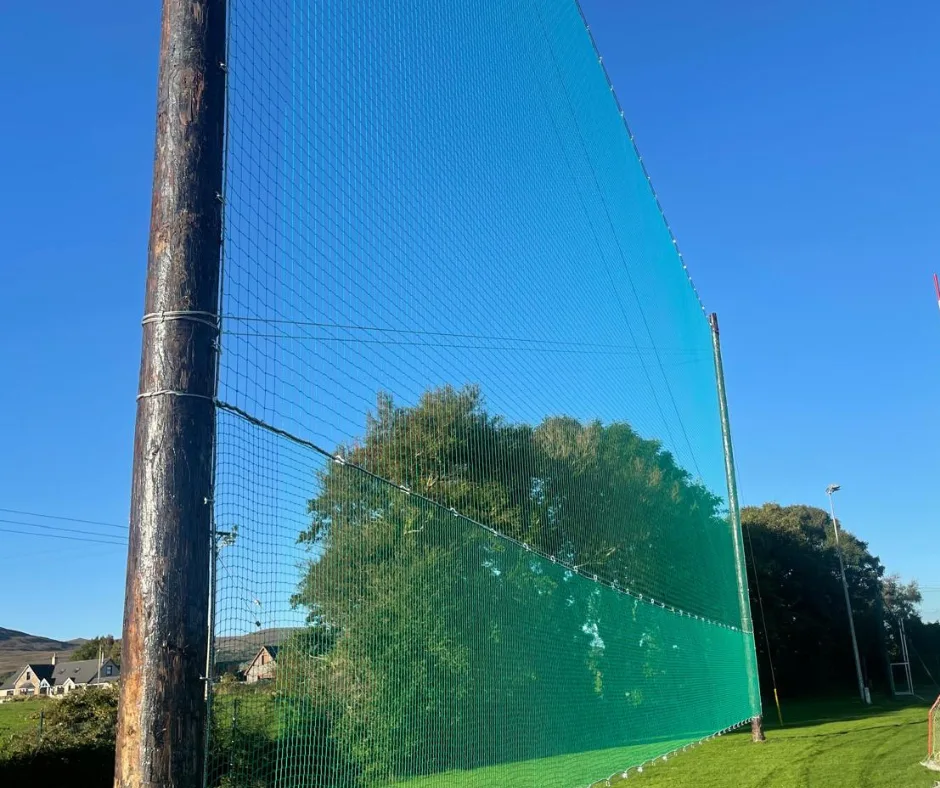1. Ensuring Quality and Safety in Sports Facilities

Engineering certificates play a crucial role in developing sports facilities. As communities invest in infrastructure to promote health and well-being, certified engineering professionals are essential for ensuring project success. As an ISO-accredited organization, we at SNG are committed to delivering exceptional solutions for sports facility development.
In this blog, we will explore the importance of engineering certifications in sports development, highlighting key benefits and implications.
2. Enhanced Project Management
- Efficiency: Engineers with certifications manage complex projects efficiently, coordinating all aspects to ensure smooth progress.
- Timely Delivery: They keep projects on track, meeting deadlines and staying within budget, all while maintaining high-quality standards.
3. Innovative Design Solutions
- Cutting-Edge Facilities: Certified engineers bring innovative design solutions that are transforming modern sports facilities, enhancing both functionality and aesthetics.
- Functionality: Their expertise enables the creation of spaces that not only support athletic performance but also engage local communities.

4. Sustainable Practices in Developing Sports Facilities
With ISO accreditation, we guarantee compliance with stringent regulatory requirements, providing clients with peace of mind throughout every project.
- Eco-Friendly Practices: Certified engineers incorporate energy-efficient systems and renewable resources, ensuring that sports facilities are environmentally responsible.
- Community Appeal: Sustainable facilities attract environmentally conscious athletes and spectators, strengthening the facility’s reputation and long-term viability.
5. Regulatory Compliance
Certified engineers excel in navigating legal requirements, ensuring projects comply with health, safety, and construction standards. They follow guidelines set by organizations like the Institution of Civil Engineers (ICE), which establishes industry best practices. This expertise not only guarantees compliance but also accelerates the approval process, reducing delays and mitigating risks.
- Understanding Regulations: Certified engineers ensure that projects adhere to local health, safety, and construction laws.
- Streamlining Approvals: Their knowledge of regulations helps secure faster approvals, minimizing the risks linked to non-compliance.
6. Community Engagement and Trust
- Building Confidence: When certified professionals are involved in sports facility projects, community trust grows.
- Collaborative Approach: Engineers can facilitate consultations, ensuring that the facility aligns with local needs and priorities.

Conclusion
Engineering certificates are vital to the successful development of sports facilities. They ensure quality, safety, and sustainability, while also fostering innovation and regulatory compliance. As communities increasingly prioritize sports and fitness, the demand for certified engineering professionals will continue to rise. Investing in these experts will result in the creation of safe, engaging, and functional sports venues that benefit both athletes and the community.
By recognizing the importance of engineering certificates, stakeholders can make informed decisions, fostering a love for sports among residents for years to come.



